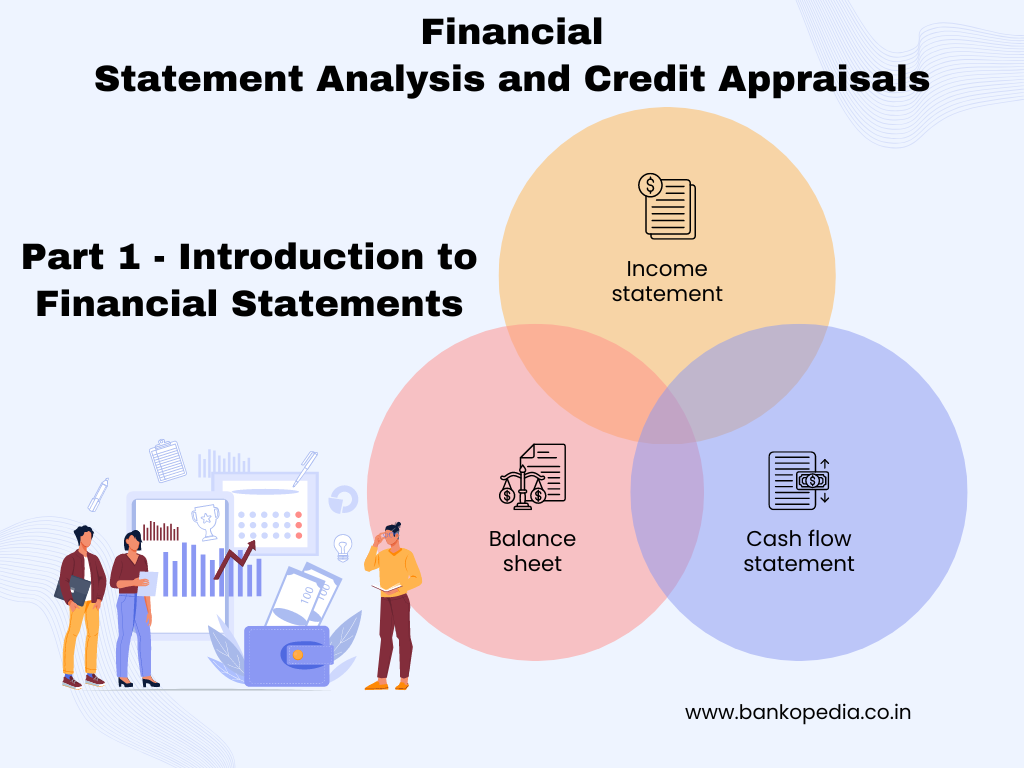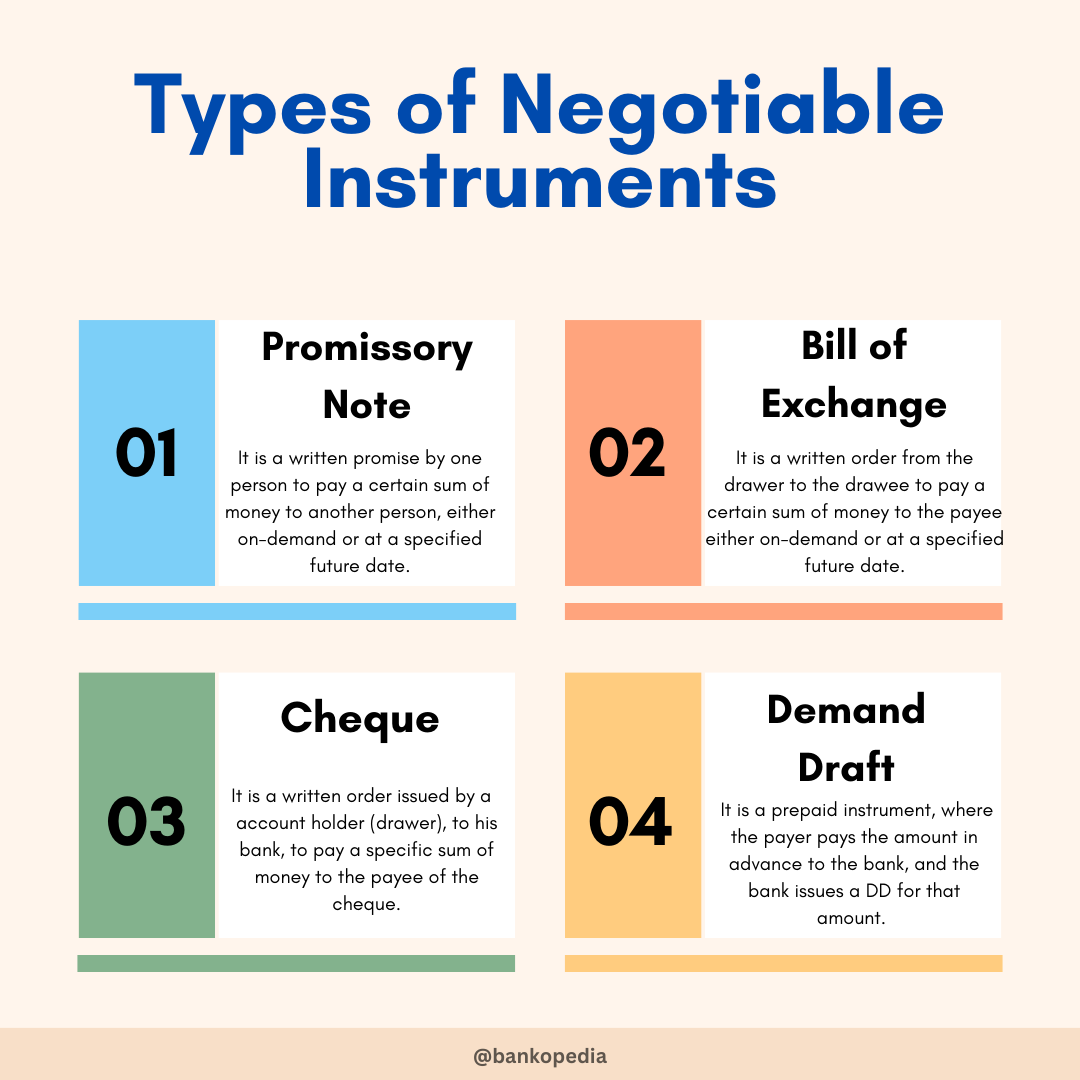You may have heard of Qualified Institutional Placement (QIP) as a method through which companies raise capital. But do you know what QIP really is and what rules govern it? In this blog post, we will research into the definition of QIP and explore the rules that companies need to abide by when utilizing this funding option. By the end of this article, you will have a comprehensive understanding of QIP and its regulatory framework.
Key Takeaways:
- Qualified Institutional Placement (QIP) is a way for listed companies to raise capital by issuing securities to qualified institutional buyers without having to follow the extensive regulatory requirements that come with a public offering.
- QIPs allow companies to raise funds quickly at a comparatively lower cost since they do not have to register with market regulators for such offerings.
- Companies using QIPs must adhere to specific rules and regulations set by the Securities and Exchange Board of India (SEBI), including the pricing of shares and the allocation of securities to institutional buyers.
1. QIP is a way for Indian companies to raise funds.
2. Private placement to institutional investors without public offering.
3. QIP helps companies avoid lengthy IPO process.
4. Companies can issue equity shares to qualified institutional buyers.
5. SEBI regulates QIP issuance and compliance.
6. QIP allows companies to raise capital quickly from institutions.
Defining Qualified Institutional Placement (QIP)
There’s a specific route through which listed companies in India can issue securities to a select group of institutional investors. This method is known as a Qualified Institutional Placement (QIP). In simpler terms, QIP allows companies to raise capital from institutional investors without the need for a public issue.
Key Features of a QIP
An important characteristic of a QIP is that it is a private placement of securities that can only be offered to qualified institutional buyers.
- QIP allows companies to raise capital quickly and efficiently through institutional investors.
- Regulatory approval is needed for the pricing of the issue.
- There are no restrictions on the end-use of funds raised through QIP.
Recognizing the importance of QIP in the capital market, SEBI (Securities and Exchange Board of India) has laid down specific guidelines that companies must adhere to when opting for this route of capital raising.
The Evolution of QIP in Financial Markets
To understand the evolution of QIP in financial markets, we need to look back at the regulatory changes that have shaped this fundraising mechanism over the years.
Any company looking to raise funds quickly without the rigorous process of a public issue can benefit from the flexibility and efficiency offered by a QIP. This method has become popular among listed entities seeking to meet their capital requirements swiftly.
Rules Governing Qualified Institutional Placement
Unlike regular public offerings, a Qualified Institutional Placement (QIP) has specific rules that issuers and institutional investors must follow. For a detailed explanation of what a QIP is, you can refer to What is QIP in stock market?
Eligibility Criteria for Issuers
An issuer looking to raise funds through a QIP must meet certain eligibility criteria set by regulatory authorities. These criteria typically include the issuer’s financial performance, market reputation, and compliance with regulatory norms among other factors. Additionally, the issuer must ensure that the QIP complies with all relevant laws and guidelines.
To participate in a QIP, the issuer must have been compliant with stock exchange regulations and corporate governance norms. It is crucial for the issuer to have a robust track record of financial performance and uphold transparency and integrity in its business operations.
Regulations for Institutional Investors
Eligibility criteria for institutional investors participating in a QIP are defined by regulatory bodies. Institutional investors such as mutual funds, insurance companies, and foreign portfolio investors must meet certain criteria to be eligible to participate in a QIP. These criteria may include minimum asset under management (AUM), track record of performance, and compliance with regulations.
Qualified institutional investors participating in a QIP must adhere to strict regulatory guidelines to ensure transparency and fairness in the fundraising process. These regulations are put in place to safeguard the interests of all stakeholders involved in the QIP and maintain the integrity of the capital market.

The Process of QIP
Steps Involved in Issuing a QIP
Issuing a Qualified Institutional Placement (QIP) involves several key steps that companies need to follow to successfully raise funds from qualified institutional buyers. The first step is for the company to determine the amount of capital it wants to raise through the QIP and the pricing of the issue. This is usually done in consultation with investment bankers who help in structuring the offer.
Once the pricing is determined, the company needs to seek approval from its board of directors and shareholders for the QIP issuance. The company then files the necessary documents with regulatory authorities and stock exchanges for approval before the issuance can take place.
Role of Regulatory Authorities in QIP
Issuing a QIP requires companies to comply with the regulations set by regulatory authorities such as the Securities and Exchange Board of India (SEBI). These authorities oversee the issuance process to ensure transparency and fairness in the capital market. They also ensure that companies adhere to the guidelines and disclosures required for a QIP issuance.
With SEBI playing a crucial role in monitoring and regulating QIPs, companies must ensure that they are in compliance with all the rules and regulations set forth by the regulatory authorities. Failure to comply can result in penalties and legal consequences for the company and its key stakeholders.

Advantages and Limitations of QIP
Benefits to Issuers and Investors
Now let’s explore the advantages and limitations of Qualified Institutional Placement (QIP). For issuers, QIP offers a quicker way to raise capital compared to traditional methods like rights issues or public offerings. It allows companies to tap into institutional investors for funding without incurring the time and cost associated with a public offering.
For investors, QIP provides an opportunity to invest in a company at a discounted price compared to the current market price. Institutional investors can benefit from the potential growth of the company and the liquidity of their investment in the form of listed securities.
Potential Risks and Drawbacks
Limitations of QIP must also be considered. One of the key risks for issuers is the dilution of ownership that comes with issuing new shares to institutional investors. This can impact existing shareholders’ control and voting rights within the company.
Additionally, the pricing of QIP shares can sometimes be a challenge as it is determined based on regulatory guidelines, market conditions, and investor demand. Companies may not always be able to achieve the desired pricing for their offerings through QIP.
Any decision to opt for QIP should be carefully evaluated, taking into account the potential risks and drawbacks involved. It is crucial for companies and investors to weigh the benefits against the limitations and make an informed decision that aligns with their strategic and financial objectives.

To wrap up
Ultimately, understanding Qualified Institutional Placement (QIP) is crucial for companies looking to raise capital through private placements to institutional investors. Adhering to the rules and regulations governing QIP ensures compliance with SEBI guidelines and facilitates a smoother fundraising process. Companies need to carefully consider the eligibility criteria and pricing guidelines before commenceing on a QIP to ensure a successful issuance and favorable reception from the market.
FAQ
Q: What is a Qualified Institutional Placement (QIP)?
A: A Qualified Institutional Placement (QIP) is a capital-raising tool used by listed companies to issue securities to institutional investors without the need for a public offering.
Q: Who can participate in a QIP?
A: Only qualified institutional buyers such as mutual funds, insurance companies, banks, and foreign institutional investors are eligible to participate in a QIP.
Q: What are the rules and regulations governing QIPs?
A: QIPs are regulated by the Securities and Exchange Board of India (SEBI) and must comply with the guidelines laid down by the regulator.
Q: What types of securities can be issued through a QIP?
A: Companies can issue equity shares, compulsorily convertible debentures, or any other securities that are convertible into equity shares through a QIP.
Q: What is the pricing mechanism for a QIP?
A: The pricing of securities issued through a QIP is determined through a book building process where qualified institutional buyers submit their bids at various price levels.
Q: How is the money raised through a QIP utilized by the company?
A: The funds raised through a QIP can be used for various purposes such as expansion plans, debt repayment, working capital requirements, or other business objectives as approved by the board of directors.
Q: What are the advantages of a QIP for companies?
A: QIPs provide a quick and efficient way for companies to raise capital, have lower issuance costs compared to public offerings, and allow companies to tap into a pool of sophisticated institutional investors.












3 thoughts on “Qualified Institutional Placement (QIP) – Definition and Rules”